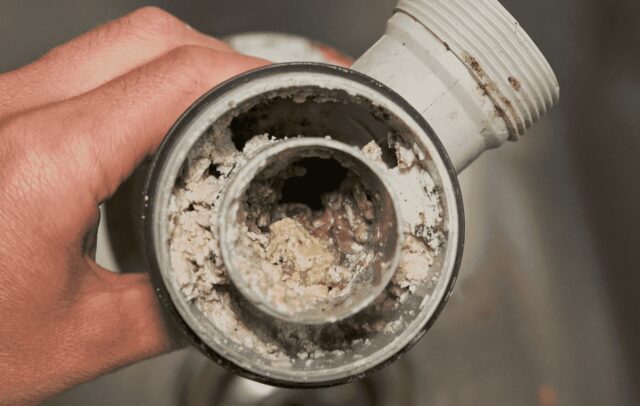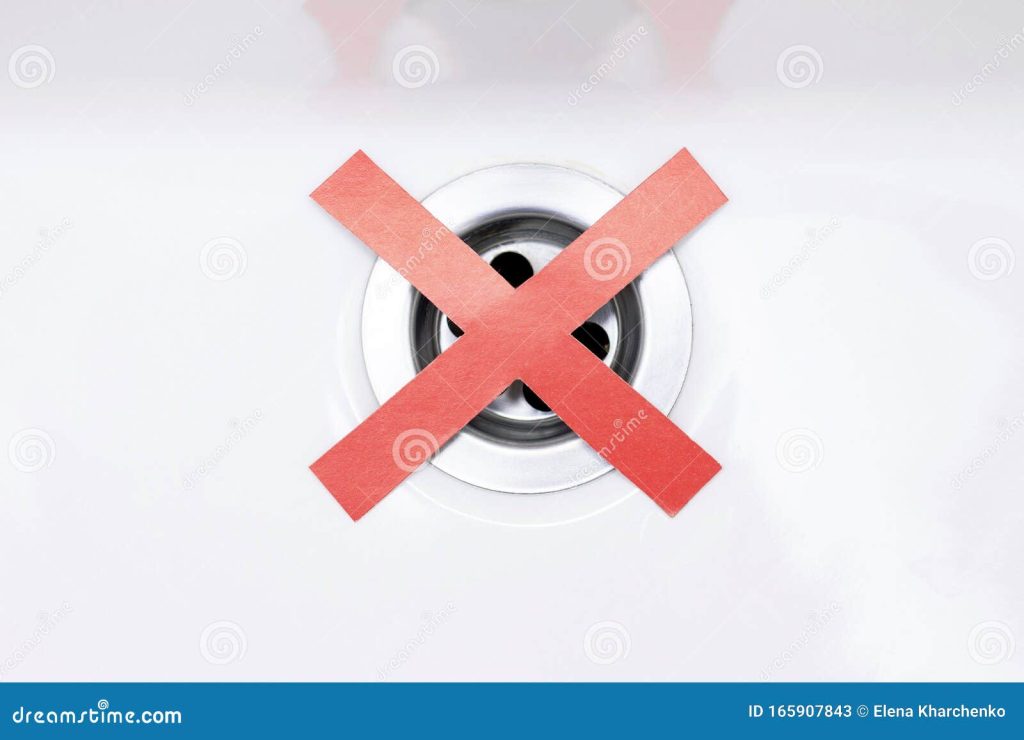

Sink drain clogs are a frustrating and common plumbing issue that affects homeowners across the globe. From lingering odors to slow draining, these clogs can interrupt your daily routines and create minor or major plumbing issues. This article offers a deep dive into sink drain clogging, exploring the frequent causes, preventive measures, and effective solutions for maintaining your sink drain systems.
Understanding Sink Drain Clogging: A Deep Dive
Common Culprits and Initial Troubleshooting
Sink drain clogs are a frequently encountered issue in most households. They can stem from a variety of factors, ranging from everyday food particles to more complex obstructions, requiring varied solutions and preventing future issues. Understanding the common culprits and implementing effective preventative measures is crucial for maintaining a smooth-running plumbing system. The following are the most frequent causes of sink clogs, and practical steps you can take to troubleshoot them.
determineing the Causes of Clogs
Related Post : Shower Water Pressure Suddenly Dropped? Here’s What Might Be Wrong
Food Debris and Grease Buildup
Food particles, especially fibrous vegetables and cooked remnants, are among the leading causes of sink drain clogs. These particles can accumulate in the drainpipes, gradually forming blockages that disrupt the flow of water. Likewise, grease and oil buildup, often from cooking, can solidify over time, forming a sticky barrier in the drainpipes. Proper disposal methods and periodic cleaning procedures can mitigate these common issues and avoid clogging. By maintaining the pipes, the issue of clogging can be significantly reduced.
The function of Hair and Other Debris
Hair and Other Foreign Objects
Hair is a significant contributor to sink drain clogging, particularly in bathroom sinks. Long hair tends to accumulate and intertwine in drainpipes, obstructing water flow. Other foreign objects, such as cotton balls, sanitary napkins, and small toys, can also cause blockages when flushed down the drain.
Preventative Measures to Tackle Sink Drain Clogs
Implementing Preventative Measures
Preventing sink drain clogs is more effective than attempting to resolve them after they occur. This preventative maintenance can save you time and money on plumbing issues. Implementing preventative measures from the beginning is key for a smoothly running plumbing system. By following these instructions, you can avoid costly plumbing repairs or drain replacements and maintain a healthy plumbing system for your home.
Effective Solutions for Drain Clogs
DIY Cleaning Methods and Professional Assistance
Dealing with sink clogs often requires a multi-pronged approach. Basic DIY methods, such as using a drain snake or a plunger, are usually sufficient for minor clogs. For more persistent clogs, professional plumbing services are essential. determineing the type of clog is crucial and can inform you on the appropriate solution and ensure the long-term health of your pipes. Always prioritize safety and follow manufacturer instructions to prevent potential damage to your pipes.
Additional Tips for Sink Drain Maintenance
Regular Cleaning and Inspections
Regular sink drain maintenance is essential for preventing clogs. This includes routinely removing food particles and grease, using drain strainers to prevent debris from entering the pipes. Furthermore, schedule inspections of your pipes for early detection of potential problems and maintain a healthy plumbing system.
Advanced Techniques for Persistent Clogs
Specialized Cleaning Tools and Chemical Solutions
For persistent clogs that resist standard methods, more advanced techniques might be necessary. Specialized cleaning tools, such as drain augers and chemical drain cleaners, can be used to dislodge stubborn blockages, though careful consideration should be given to the possible damage to the pipes. It’s crucial to read the instructions before use and use appropriate protective gear.
Conclusion
Keeping Your Sink Drain Clogs-complimentary
Sink drain clogs are a recurring plumbing issue that can cause a variety of problems and frustrations. By understanding the causes of clogs, implementing preventative measures, and addressing them effectively, you can avoid costly plumbing repairs and maintain a smoothly running plumbing system. Following the steps outlined in this guide, you can drastically reduce the chances of future clogs and keep your sinks functioning optimally.
FAQ: Sink Drain Clogs
What are the most common causes of sink drain clogs?
Food particles, grease, hair, and other foreign objects are common causes of sink drain clogs. Understanding these common issues can help you determine the optimal preventative methods and keep your plumbing healthy. Proper disposal practices and maintaining a clean drain system are key for preventing the buildup of clogs and maintaining your home’s plumbing system integrity.
How can I prevent sink drain clogs?
Implementing preventative measures, such as regularly removing food particles, using drain strainers, and promptly addressing minor clogs, can greatly reduce the chance of future issues. Routine cleaning and maintenance practices are key to avoiding costly repairs and ensuring the long-term health of your pipes. Taking these simple steps can improve the health of your plumbing for years to come. Properly maintaining your pipes and adhering to the instructions of your plumbing professionals can maximize the life of your pipes and prevent potential issues down the road.
In conclusion, sink drain clogs are a common household issue that can stem from various factors. Understanding the causes, implementing preventative measures, and knowing how to address clogs effectively can significantly improve your home’s plumbing efficiency. By consistently maintaining your sink drains, you can prevent future clogs and save yourself time, money, and frustration. To learn more about sink drain maintenance, explore our thorough guide on sink drain troubleshooting, which offers a wealth of information and actionable tips.